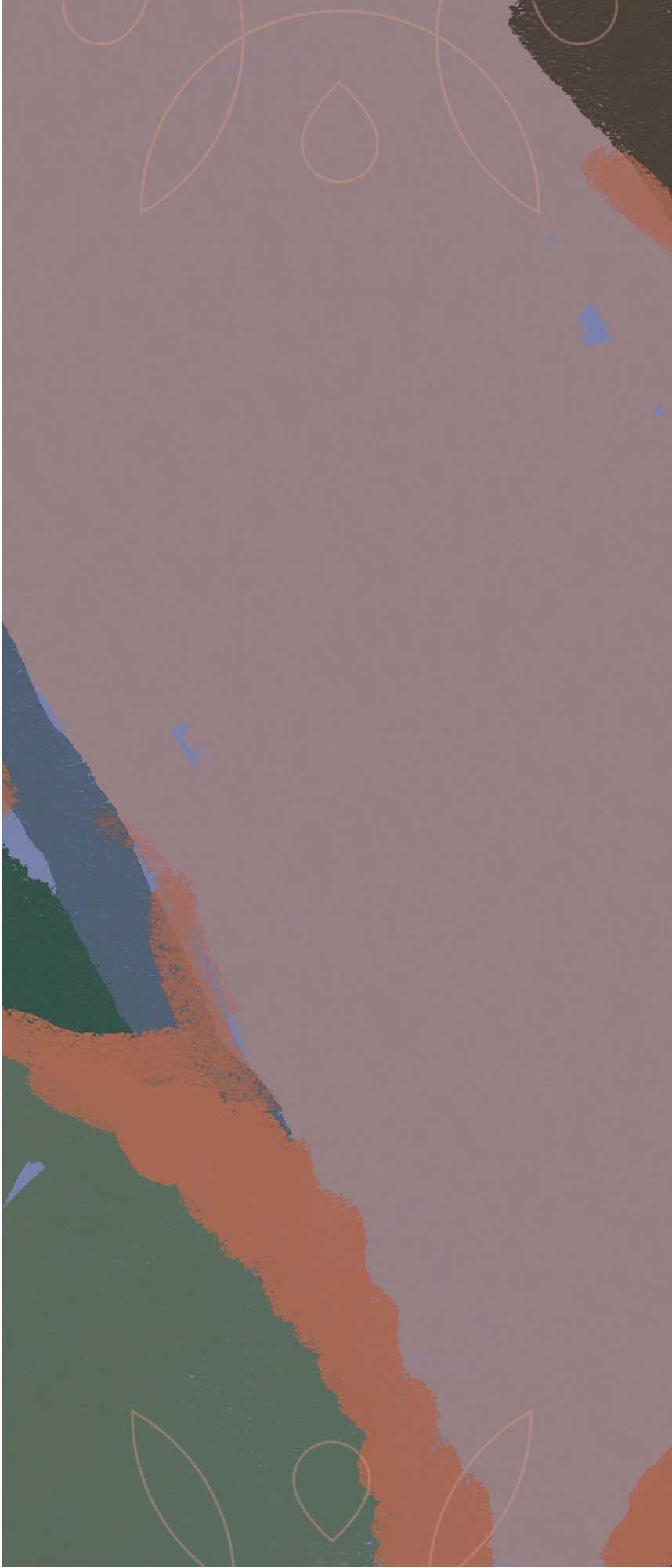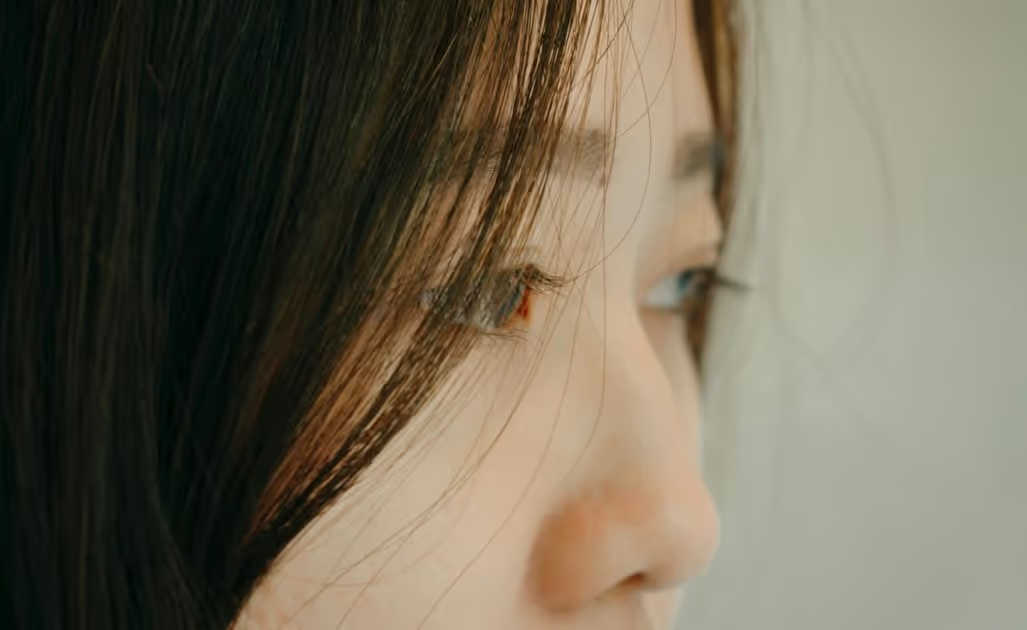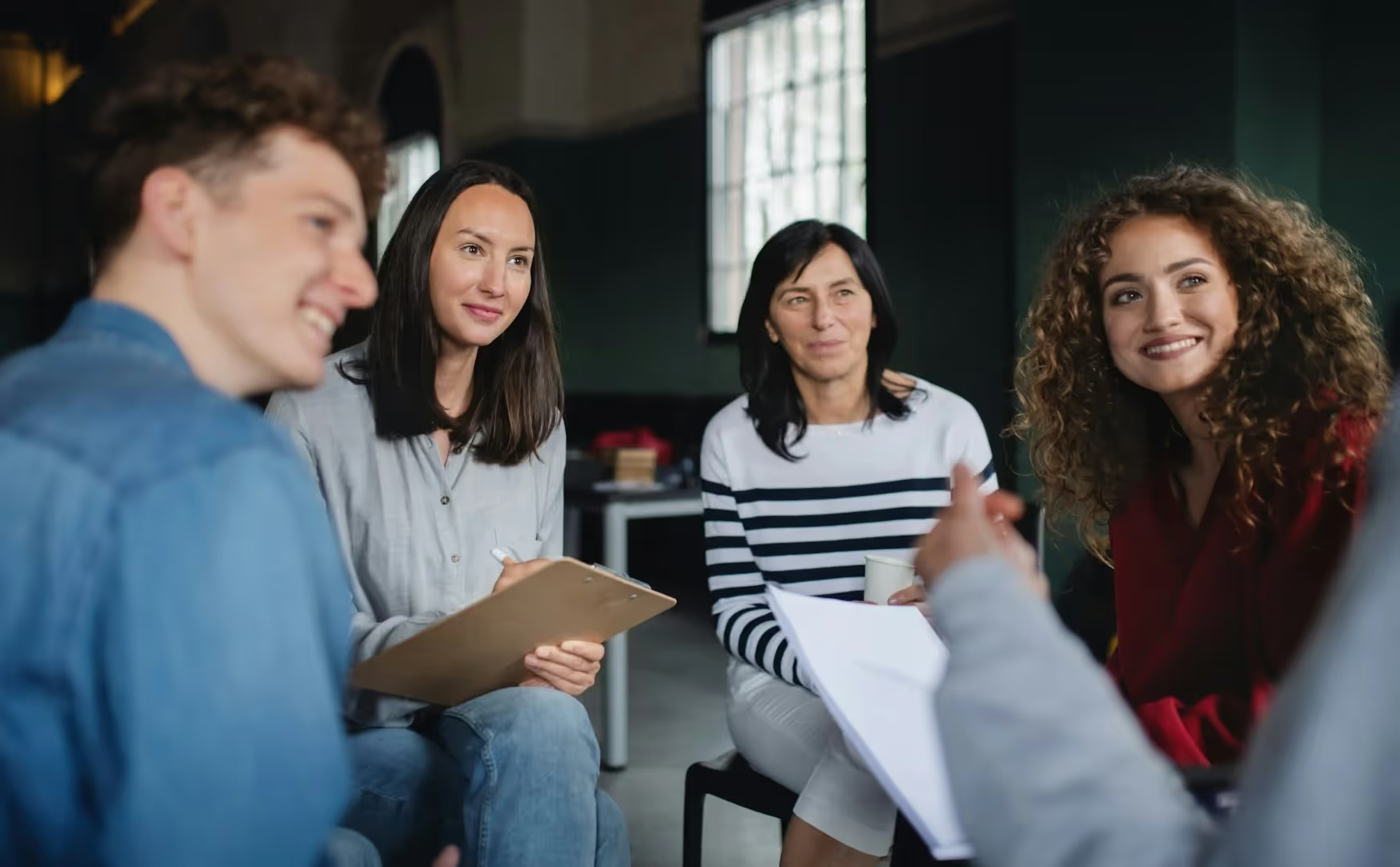Colors of Austin Counseling Blog
Practice Vulnerability. Reclaim Your Story. Cultivate Joy.
At Colors of Austin Counseling, we are dedicated to staying up-to-date with the latest best practices and insights in the mental health community, especially as it applies to making mental health support and resources more available and destigmatized. Here in our blog, our practitioners share thoughts, reflections, research, experiences, and tips to help support both patients and fellow professionals in their mental health journeys.















Function.avif)










